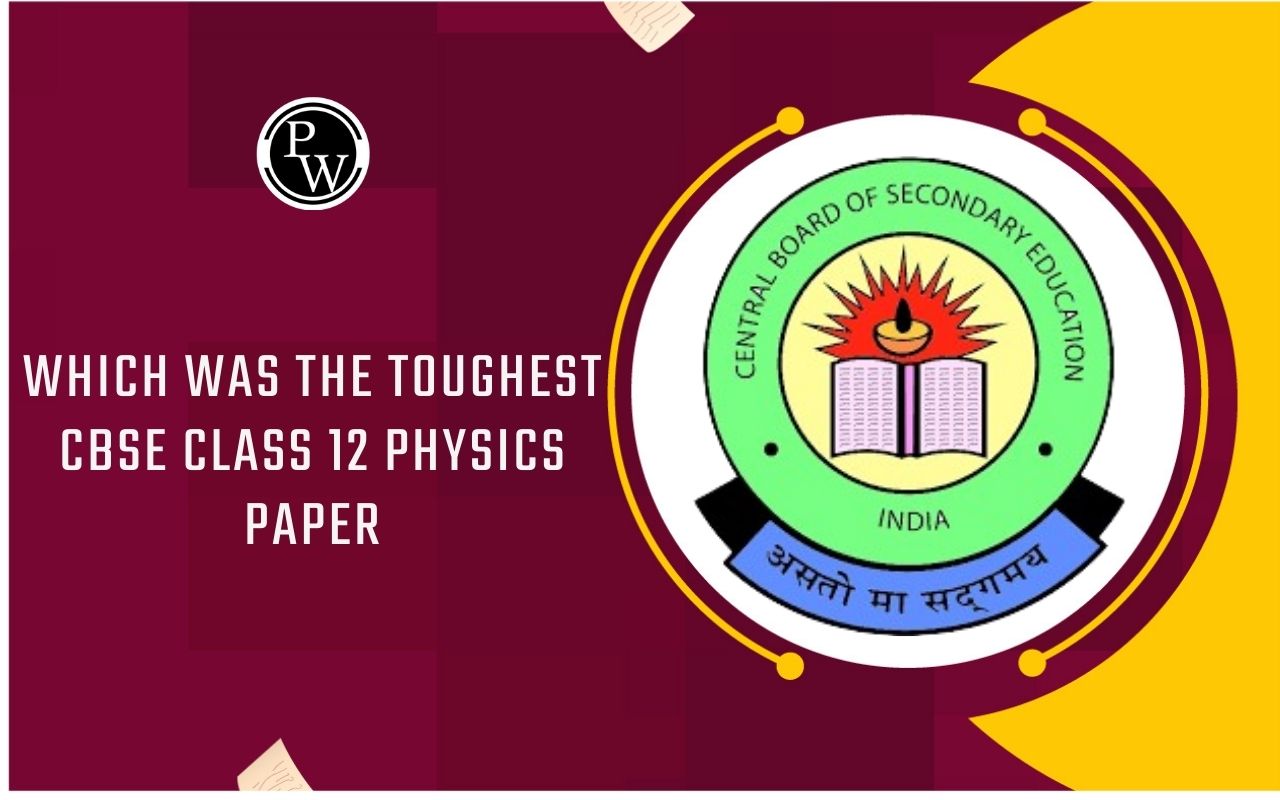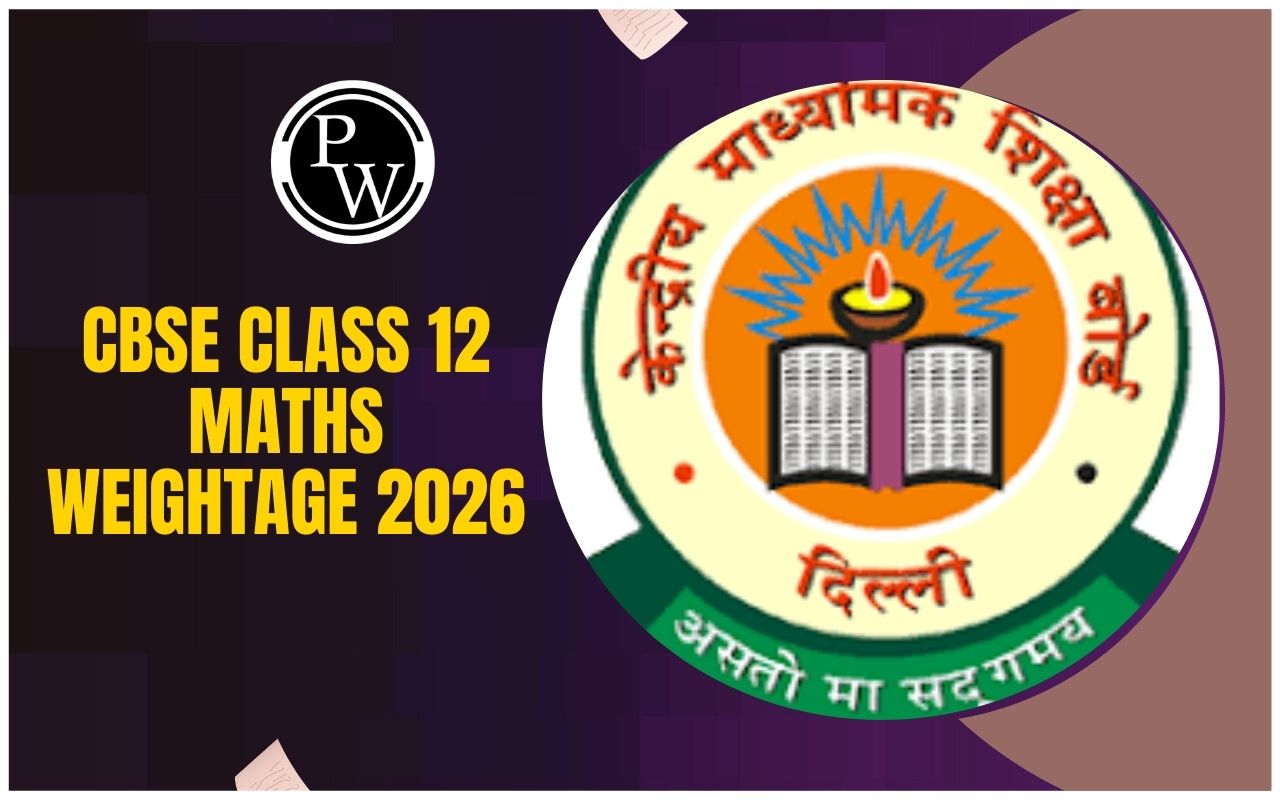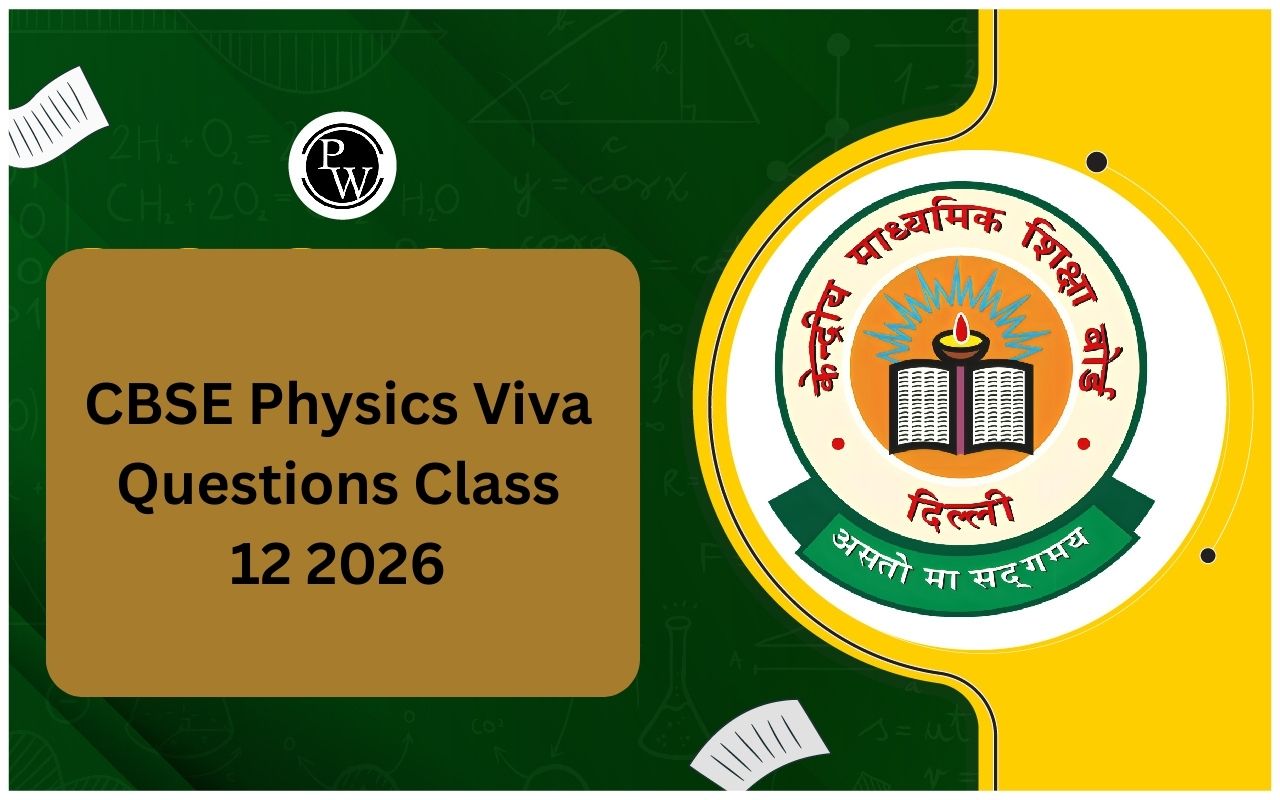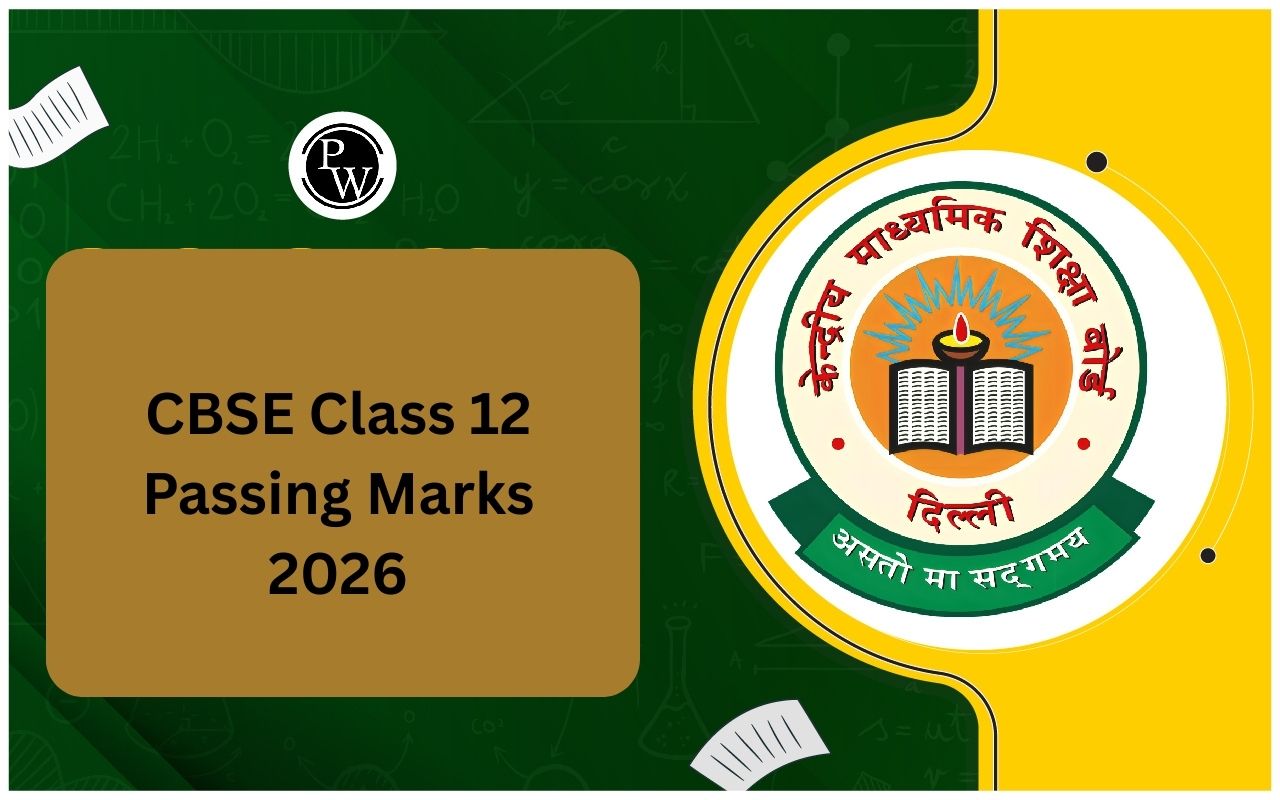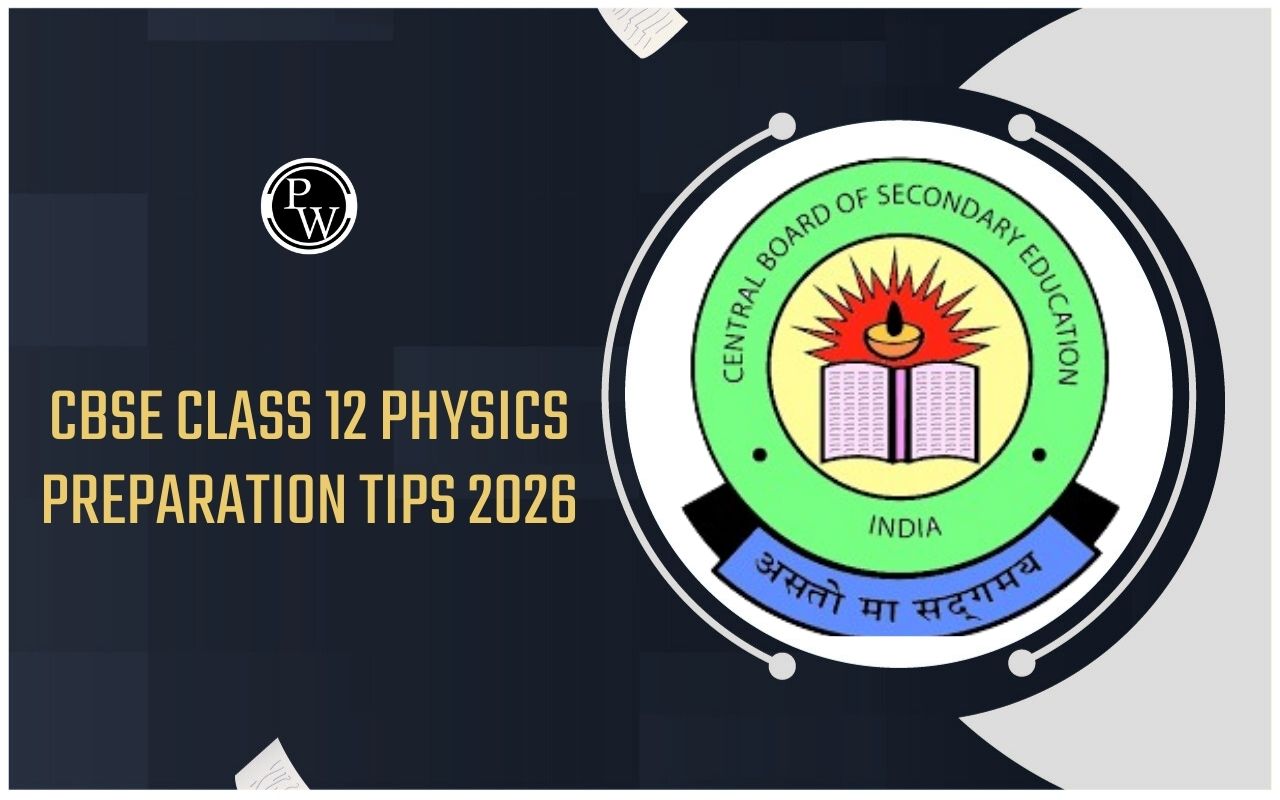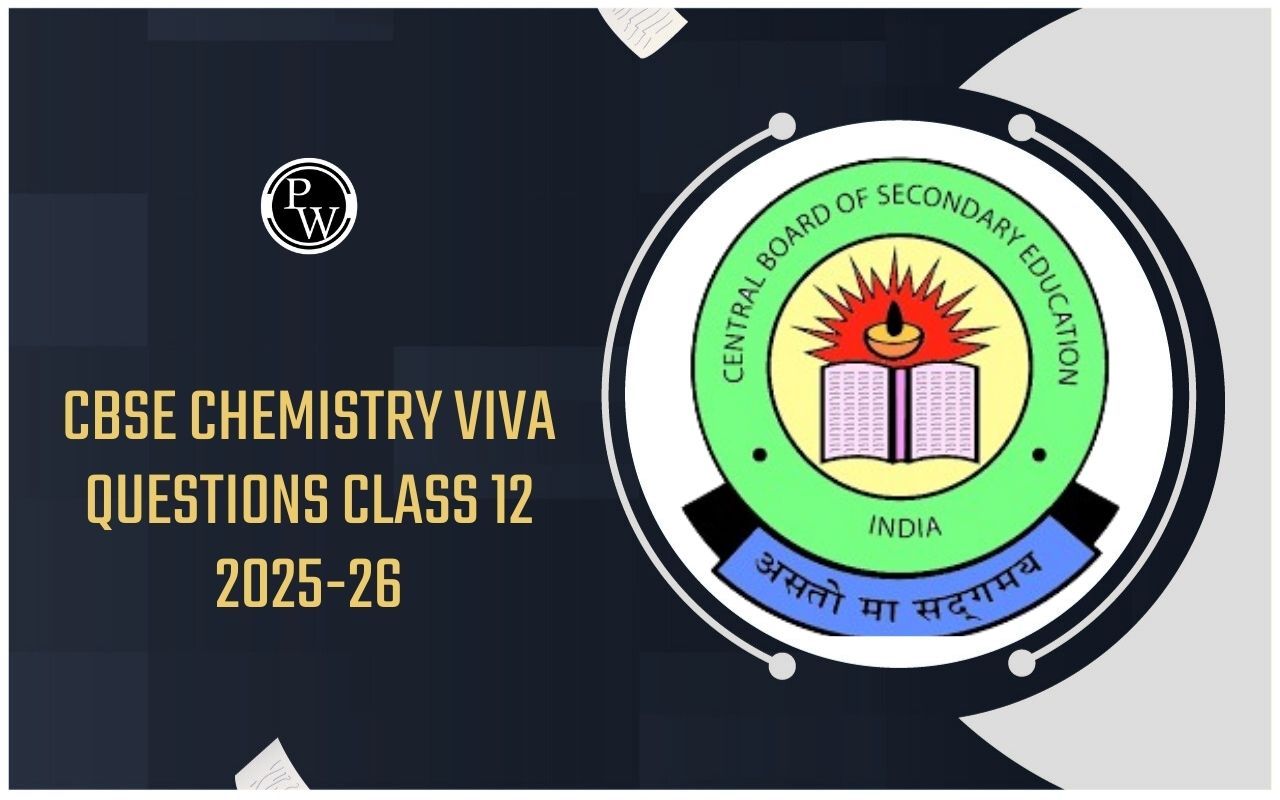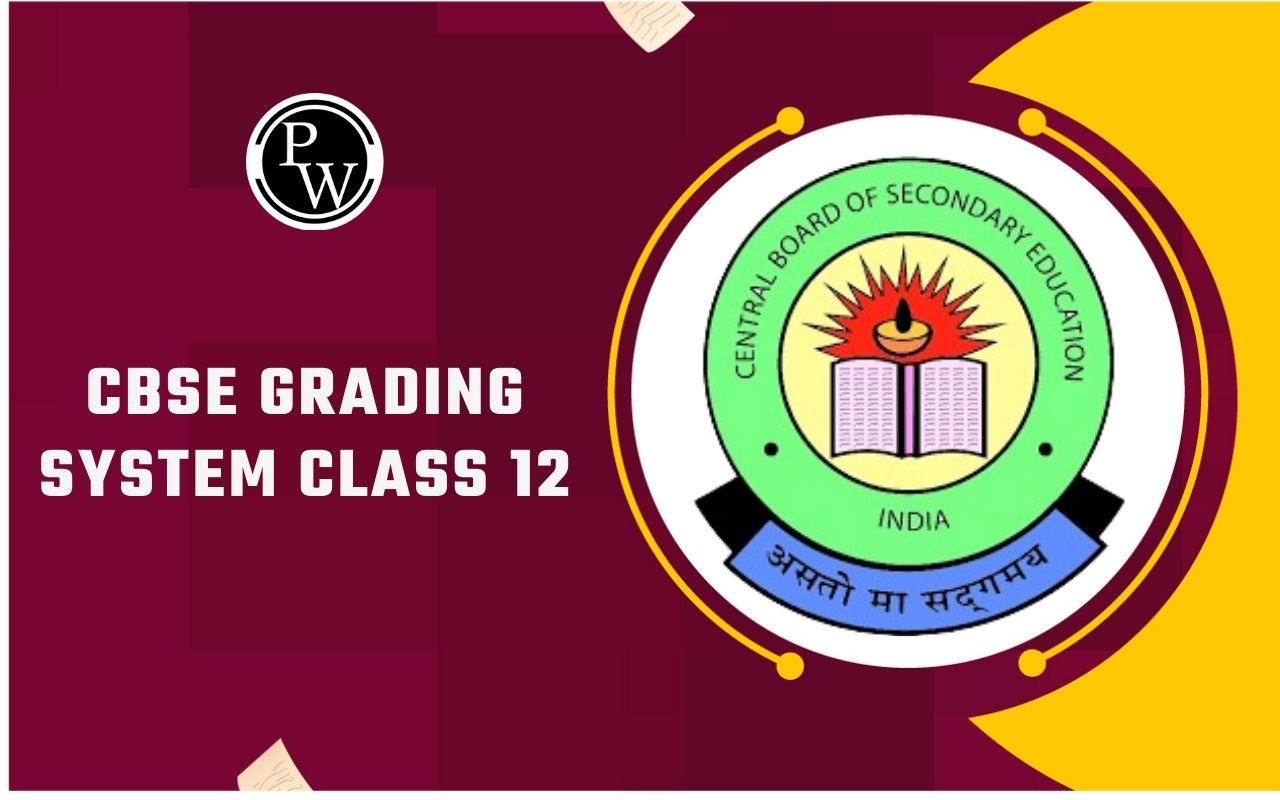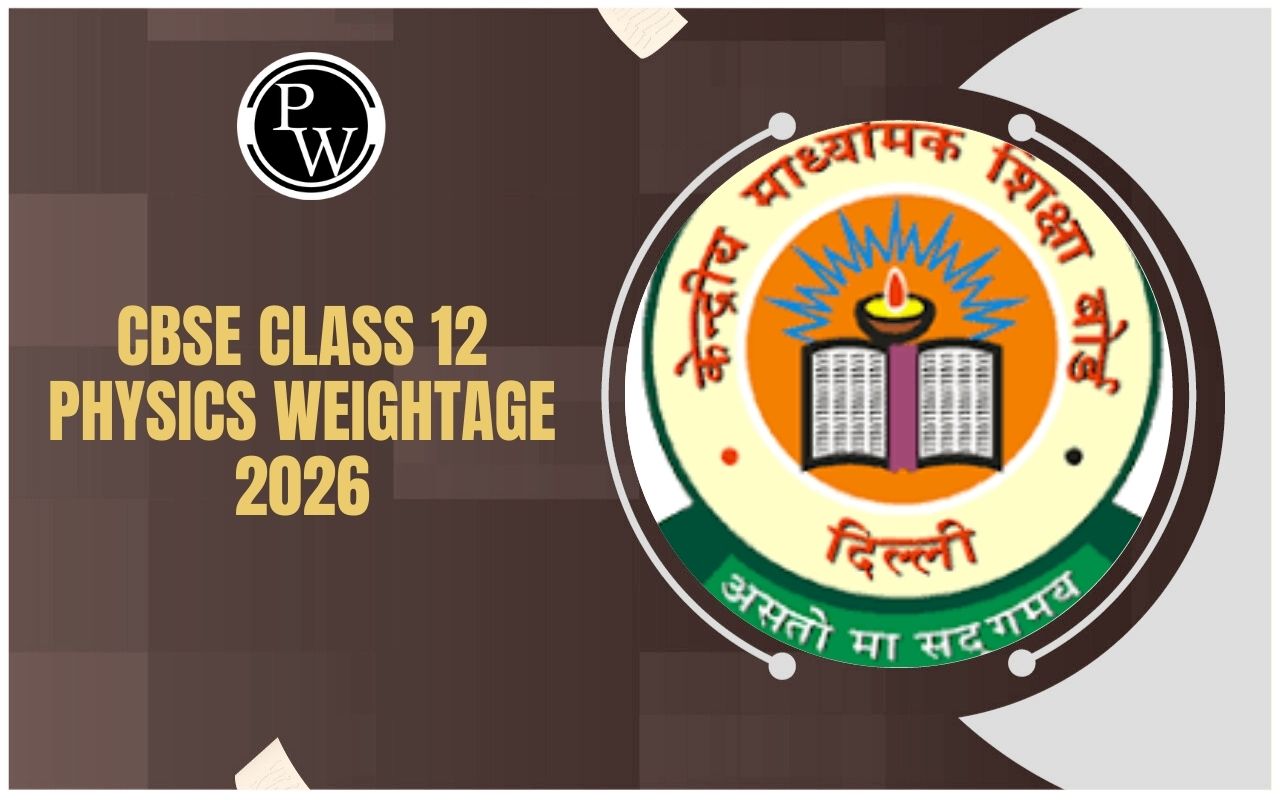
CBSE Class 12 Entrepreneurship Syllabus 2024-25 : The Central Board of Secondary Education (CBSE) has released the Class 12 Entrepreneurship Syllabus for the 2024-25 academic session, providing a detailed guide for students pursuing entrepreneurship studies.
The syllabus includes a wide range of topics, including entrepreneurial opportunities, business planning, marketing strategies, business arithmetic, and resource mobilization. It aims to equip students with essential skills such as problem-solving, decision-making, creativity, and leadership. Along with theoretical knowledge, students are required to complete two hands-on projects: a business plan and a market survey, which provide practical exposure to real-world business scenarios.
CBSE Class 12 Entrepreneurship Syllabus 2024-25 Overview
The CBSE Class 12 Entrepreneurship Syllabus 2024-25 provides a detailed framework for students to learn essential business and entrepreneurial skills. The syllabus is divided into various units that focus on different aspects of entrepreneurship, including opportunity identification, planning, marketing, and growth strategies.
| CBSE Class 12 Entrepreneurship Syllabus 2024-25 Overview | |
|---|---|
| Title | Details |
| Released By | Central Board of Secondary Education (CBSE) |
| Class | 12 |
| Subject | Entrepreneurship |
| Academic Year | 2024-25 |
| Course Structure | The syllabus is divided into 7 units, each focusing on different aspects of entrepreneurship. Unit 1: Entrepreneurial Opportunity Unit 2: Entrepreneurial Planning Unit 3: Enterprise Marketing Unit 4: Enterprise Growth Strategies Unit 5: Business Arithmetic Unit 6: Resource Mobilization Unit 7: Project Work |
Entrepreneurship Syllabus Class 12 CBSE 2024-25: Distribution of Marks
The CBSE Class 12 Entrepreneurship Syllabus 2024-25 includes a detailed distribution of marks for each unit. The syllabus emphasizes both theoretical knowledge and practical application, with a significant focus on project work. Below is the full mark distribution for the academic year:
| S.No. | Unit | No. of Periods | Marks |
|---|---|---|---|
| 1 | Entrepreneurial Opportunity | 40 | 30 |
| 2 | Entrepreneurial Planning | 40 | — |
| 3 | Enterprise Marketing | 40 | 20 |
| 4 | Enterprise Growth Strategies | 20 | — |
| 5 | Business Arithmetic | 40 | 20 |
| 6 | Resource Mobilization | 20 | — |
| Total | 200 | 70 | |
| Project Work | 40 | 30 | |
| Grand Total | 240 | 100 |
This distribution reflects the weightage given to different units in the syllabus, with a total of 70 marks allocated for theory and 30 marks for project work , making up the full 100 marks for the subject.
CBSE Class 12 Entrepreneurship Syllabus 2024-25 Unit Wise
The CBSE Class 12 Entrepreneurship Syllabus 2024-25 aims to provide students with a comprehensive understanding of entrepreneurship, covering key areas such as identifying business opportunities, planning, marketing strategies, financial aspects, and resource mobilization. The syllabus equips students with practical skills and theoretical knowledge required to pursue entrepreneurial ventures or careers in business management. Below is the unit-wise breakdown of the syllabus:
CBSE Class 12 Entrepreneurship Syllabus For Unit 1: Entrepreneurial Opportunity (40 Periods)
Competencies Developed : Scanning the environment, analytical thinking, creativity, decision-making, and self-confidence.
- Sensing Entrepreneurial Opportunities : This section focuses on identifying potential business opportunities and understanding the fields where new ventures can emerge. Students will learn how to recognize market gaps and societal needs.
- Environment Scanning : Students will explore how to analyze the external environment, including economic, technological, social, and political factors that influence business decisions. It helps students develop the ability to spot trends and identify opportunities.
- Problem Identification : This component teaches students how to identify real-world problems and convert them into viable business opportunities. The goal is to enhance students' ability to think critically and analytically.
- Creativity and Innovation : Students will learn about the role of creativity in entrepreneurship. They will understand how innovative thinking can lead to new products, services, or business models.
- Selecting the Right Opportunity : This topic helps students assess various business opportunities by analyzing market conditions and feasibility studies, ensuring that they can make informed business decisions.
Learning Outcomes :
- Ability to identify entrepreneurial opportunities in different sectors.
- Analytical skills to assess market trends and demands.
- Understanding how creativity and innovation drive business success.
CBSE Class 12 Entrepreneurship Syllabus For Unit 2: Entrepreneurial Planning (40 Periods)
Competencies Developed : Analytical thinking, collaboration, personal responsibility, and resourcefulness.
- Forms of Business Organization : This topic explores the various forms of business organizations such as sole proprietorship, partnership, and company. Students will understand the advantages and disadvantages of each and learn how to choose the appropriate form based on the business needs.
- Business Plan : Students will gain knowledge of the importance and structure of a business plan. They will learn how to create a business plan that includes operational, financial, and marketing strategies.
- Components of a Business Plan : The components covered include HR, production, marketing, and financial planning. Students will understand how to create detailed and effective plans for all aspects of a business.
Learning Outcomes :
- Knowledge of different business structures and their suitability.
- Ability to draft a comprehensive business plan with detailed components.
- Understanding of the strategic planning process in entrepreneurship.
CBSE Class 12 Entrepreneurship Syllabus For Unit 3: Enterprise Marketing (40 Periods)
Competencies Developed : Team spirit, negotiation, ethical behavior, and persistence.
- Marketing and Sales Strategy : Students will learn about different marketing strategies, including product, price, place, and promotion (the 4 Ps). They will also gain insight into sales tactics that drive revenue growth.
- Branding, Logo, and Tagline : This section focuses on the importance of branding, creating logos, and developing taglines that reflect a company's mission and vision.
- Promotion Strategy : Students will explore various sales promotion techniques, personal selling, public relations, and advertising strategies that help in market penetration and customer retention.
Learning Outcomes :
- Understanding of the marketing mix and how it affects business success.
- Ability to develop branding strategies and promotional activities.
- Knowledge of different promotional tools for enhancing sales.
CBSE Class 12 Entrepreneurship Syllabus For Unit 4: Enterprise Growth Strategies (20 Periods)
Competencies Developed : Leadership, collaboration, risk-taking, and analytical thinking.
- Franchising : Students will learn the concept of franchising, along with its advantages and limitations. They will explore how both franchisors and franchisees benefit from this model.
- Mergers and Acquisitions : This section covers the concept of mergers and acquisitions, the reasons behind them, and their impact on business growth. Students will understand how these strategies can help businesses expand and diversify.
Learning Outcomes :
- Understanding of franchising as a growth strategy for small businesses.
- Ability to analyze the pros and cons of mergers and acquisitions.
- Knowledge of different strategies for business expansion and scaling.
CBSE Class 12 Entrepreneurship Syllabus For Unit 5: Business Arithmetic (40 Periods)
Competencies Developed : Critical analysis, decision-making, problem-solving, and arithmetic skills.
- Unit of Sale, Unit Cost : Students will learn to calculate unit costs, pricing, and sales strategies for various products or services.
- Break-even Analysis : This section teaches students how to calculate the break-even point, which helps determine when a business will start making a profit.
- Inventory Control, ROI, ROE : Students will understand working capital management, inventory control techniques, and the calculation of Return on Investment (ROI) and Return on Equity (ROE) to measure a company’s financial performance.
Learning Outcomes :
- Ability to perform cost analysis and set profitable pricing strategies.
- Understanding of break-even analysis and its significance for business planning.
- Ability to calculate ROI and ROE to evaluate business performance.
CBSE Class 12 Entrepreneurship Syllabus For Unit 6: Resource Mobilization (20 Periods)
Competencies Developed : Risk-taking, communication, persuasion, networking, and ethical behavior.
- Capital Market : Students will understand the need for capital in business operations and the different sources to raise funds through the capital market.
- Angel Investors, Venture Capital : This section explores the role of angel investors and venture capital in funding startups. Students will learn about the features and advantages of these funding sources.
Learning Outcomes :
- Knowledge of how businesses can access capital through the stock market.
- Understanding of angel investors and venture capital as sources of business funding.
- Ability to evaluate different funding options based on business needs.
Project Work (40 Periods, 30 Marks)
Students are required to complete two projects:
- Business Plan : Students will create a detailed business plan for a hypothetical business idea.
- Market Survey : This project involves conducting a market survey to analyze customer needs and preferences for a particular product or service.
Assessment Criteria :
- Projects : 10 marks for each project.
- Numerical Assessment : 5 marks for applying business arithmetic in real-life scenarios.
- Viva Voce : 5 marks for demonstrating understanding through oral presentations.
Entrepreneurship Class 12 Syllabus 2024-25: Project Guidelines
The Project Work is a crucial component of the CBSE Class 12 Entrepreneurship Syllabus 2024-25 , designed to provide students with practical experience and encourage the application of theoretical knowledge. Below are the key guidelines for the project work:
Objectives of the Project Work :
- Explore Personal Interests : The project allows students to delve into areas of personal interest and explore entrepreneurial concepts in real-world contexts.
- Apply Skills and Knowledge : Students can apply the skills and knowledge gained in the classroom to solve real-world business challenges.
- Encourage Creativity and Critical Thinking : The project encourages students to think creatively and critically, improving their problem-solving skills and ability to make business decisions.
- Enhance Communication Skills : Presenting and discussing the project findings will help students develop effective communication and presentation skills.
Role of the Teacher :
- Guide in Selecting Project Topics : Teachers should assist students in choosing relevant and feasible project topics based on their interests and the subject's scope.
- Facilitate Research Work : Teachers should provide guidance in gathering and organizing research material, ensuring students stay on track.
- Ensure Proper Citation and Prevent Plagiarism : Teachers must guide students in citing sources appropriately, promoting academic integrity and preventing plagiarism.
- Help in Presentation : Teachers should assist students in presenting their findings effectively, encouraging clarity and confidence during the presentation.
Steps in Project Work :
- Choose a Topic : Select a topic that aligns with the syllabus and is of personal interest to the student. The topic should also be feasible for research and investigation.
- Collect and Organize Research Material : Gather relevant data and information from credible sources such as books, articles, interviews, and case studies. Organize the material systematically.
- Analyze Data and Draw Conclusions : Analyze the collected data critically, identifying patterns, trends, and insights. Draw conclusions based on the findings and their implications for entrepreneurship.
- Present Findings : Prepare a well-organized presentation, summarizing the research process, findings, and conclusions. Present the project in a clear, concise, and engaging manner.
CBSE Class 12 Entrepreneurship Syllabus 2024-25 PDF Download
The CBSE Class 12 Entrepreneurship Syllabus 2024-25 is now available for download, providing students with a comprehensive guide to the topics, units, and mark distribution for the academic year. This syllabus covers essential areas like entrepreneurial opportunities, business planning, marketing strategies, and resource mobilization, alongside project work that allows students to apply their learning in real-world scenarios.
To access the full CBSE Class 11 syllabus For Entrepreneurship , including detailed unit-wise breakdowns and project guidelines, you can download the official PDF from the link below.
Download CBSE Class 12 Entrepreneurship Syllabus 2024-25 PDF
CBSE Class 12 Entrepreneurship Syllabus 2024-25 FAQs
What is the total mark distribution for the CBSE Class 12 Entrepreneurship Syllabus 2024-25?
Are there any prerequisites for taking the Entrepreneurship subject in Class 12?
What is the role of project work in the CBSE Class 12 Entrepreneurship syllabus?
Is the project work graded?


